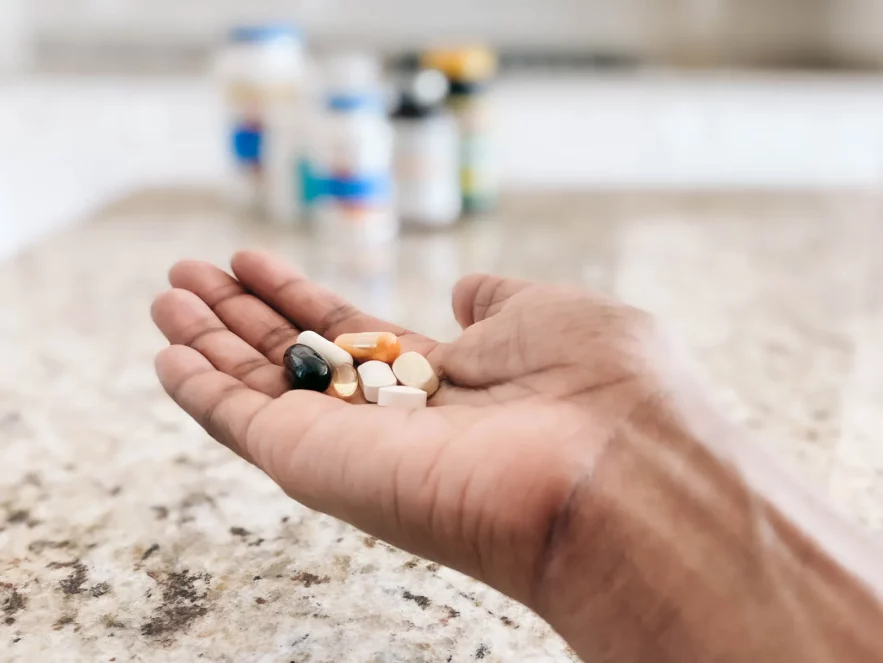The FDA gives approval for med Baxdela (delafloxacin), a fluoroquinolone antibiotic that is used to treat acute bacterial skin and skin structure infections (ABSSSI). The med is available as a tablet or intravenous injection. Labeling for the drug includes a “black box” warning due to serious adverse and potentially irreversible reactions that have been associated with fluoroquinolones, such as tendinitis and tendon rupture, peripheral neuropathy and central nervous system effects. In trials, the most common adverse reactions in patients observed were nausea, diarrhea, headache, elevations of the enzyme transaminase, which can indicate liver damage, and vomiting. Posted June 19, 2017. Via Melinta Therapeutics for FDA Med Approval.
A new once-daily treatment for attention deficit/hyperactivity disorder (ADHD) has won FDA approval. Mydayis, a stimulant for patients 13 years and older, contains the same active ingredients as Adderall (amphetamine/dextroamphetamine), but lasts for up to 16 hours compared to up to 6 for Adderall and 12 for Adderall XR. Adderall and Adderall XR are both available as a generic. Like other stimulant medications, such as methylphenidate (Ritalin, Concerta, Daytrana), Mydayis has a “black box” warning because it has a high chance for abuse and can cause physical and psychological dependence. Posted June 20, 2017. Via Shire.
Patients with low back pain who also suffer from depression are more likely to be given opioids that are prescribed at higher doses. This is problematic, since patients with depression are at a higher risk of misuse and overdose of opioids. Researchers examined data on opioid prescriptions from 2004-2009 and found that those with low back pain who also had depression were twice as likely to be prescribed an opioid than those without depression. And over a year, they typically got more than twice the usual dose, according to the study published in the journal Pain Reports. The authors noted more study is needed to determine the risks and benefits of prescribing such powerful painkillers to those who are depressed. Posted June 20, 2017. Via University of Rochester Medical Center.






